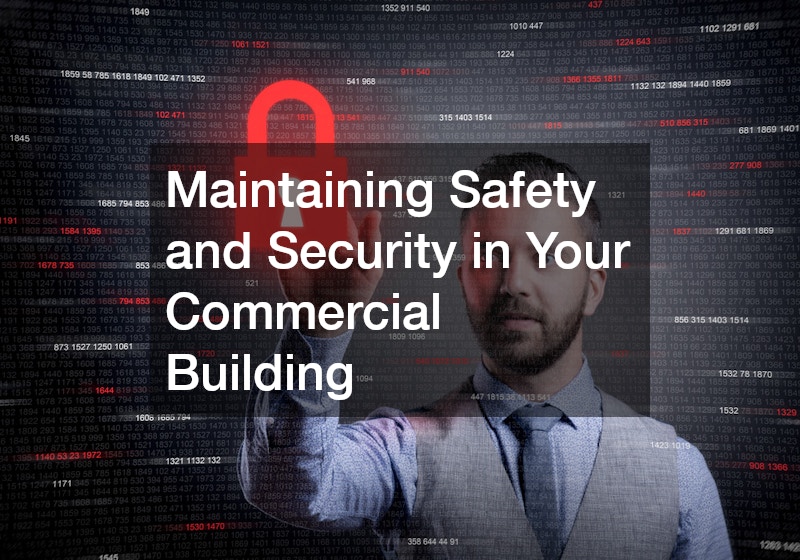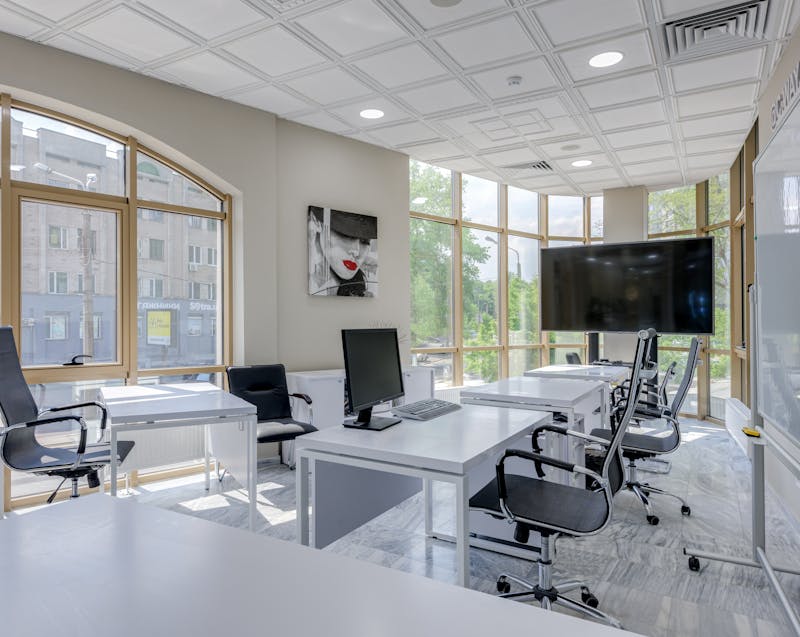The top priority with driving is always safety. Being behind the wheel can be dangerous, which is why most people have to check and inspect multiple parts and systems before they start moving down the road. You are inside a machine running at fast speeds. While you might spend most of your time driving without any errors, it only takes a second for an accident to occur. Fortunately, you might have fast reactions and manage to avoid any significant damage to you, your passengers, and the car. However, it doesn’t mean you are out of the woods. As minor as it might seem, a car accident requires careful inspection and caution. These are the steps you must take when you find yourself in that unfortunate situation.
1. Checking for Injuries
Most minor car accidents happen in small bumps or scratches. As a result, drivers often remain unharmed or unscathed from the event. People can react fast enough to avoid catastrophe, especially when they see a potential collision in front of them. People can get away from those accidents with just bumps, bruises, and scratches. However, it doesn’t mean they are safe.
People can bump their heads during an accident. Unfortunately, concussions are difficult to diagnose immediately and are easily confused as headaches. Internal bleeding will not be easy to determine until a person collapses and faints. Whiplash might have a long-term effect on you. As a result, people must check for injuries as soon as everything in the accident settles down. It might even require you to go to the hospital for a cautionary medical checkup. Health and safety are things you should never take lightly when involved in a car accident, even if it is a minor one.
2. Identifying Hazards on the Scene
Minor accidents usually do not present too many issues for people, especially when it feels like a bit of a bump. However, it doesn’t mean the car did not take a significant hit. Some of the problems you might see involve the bumper or car lights. Some of those car exteriors can suffer from damages. Fortunately, they are easy fixes. However, there is a possibility that the internal systems of your vehicle end up getting compromised.
Your car protected you from massive impact, allowing you to escape injuries. The accident might feel minor because you came away unscathed, but your vehicle took a direct hit. Unfortunately, the damages can result in further catastrophes. Gas leaks and transmission sparks can cause an explosion, turning the minor accident disastrous. Once you finish checking for injuries, the car requires careful inspection. Try to see if anything under the hood or the vehicle itself took damages. Structural malformations will be easy to identify, which means using the car could be dangerous. Checking for hazards allows you to dismiss an accident as a minor one. You have no room for complacency, especially when your life is on the line.

3. Preventing Traffic
Minor accidents can happen anywhere. It could happen on a private street, a city road, or a busy highway. Most people stop when they get involved in an accident. They will have to talk to the other parties involved to identify a plan. However, it might be challenging to accomplish when the scene causes traffic. People in their cars have respective tasks and responsibilities to handle. The accident will never be part of their plans, making it necessary to step out of their way. The best course of action is to move to the sides of the road to avoid traffic congestion. Getting traffic enforcers in the scene will help you prevent obstruction, especially when the debris is present.
Exchanging information will be necessary when getting involved in a car accident. The step ensures you can get insurance claims for the medical bills and car repairs. Financial assistance will be integral, especially when you avoid draining your emergency fund.
4. Figuring Out Car Repair Needs
A minor accident might not do too much damage to your car. As a result, you might be fine driving it again. However, you might notice a few differences with the feeling behind the wheel following the accident. The worst-case scenario is when you find out that your brakes aren’t working. As a result, you might have to crash your car into a barrier without injuring yourself.
Getting your damaged car towed will be your best option. Suppose you know there was some brake malfunction on your end. It will be necessary to take it to a shop that can also handle a brake service checkup. Other car parts might also require attention. Following a minor accident, taking the car to the repair shop might feel like added expenses, but safety knows no cost.
You might get the scare of your life when you get into a minor car accident. Fortunately, you are lucky enough to avoid injuries and significant car damage. It will make you more careful next time. However, you must learn the steps to take because they can be crucial to your survival. Accidents of any kind can still be a danger to you, even minor ones.





